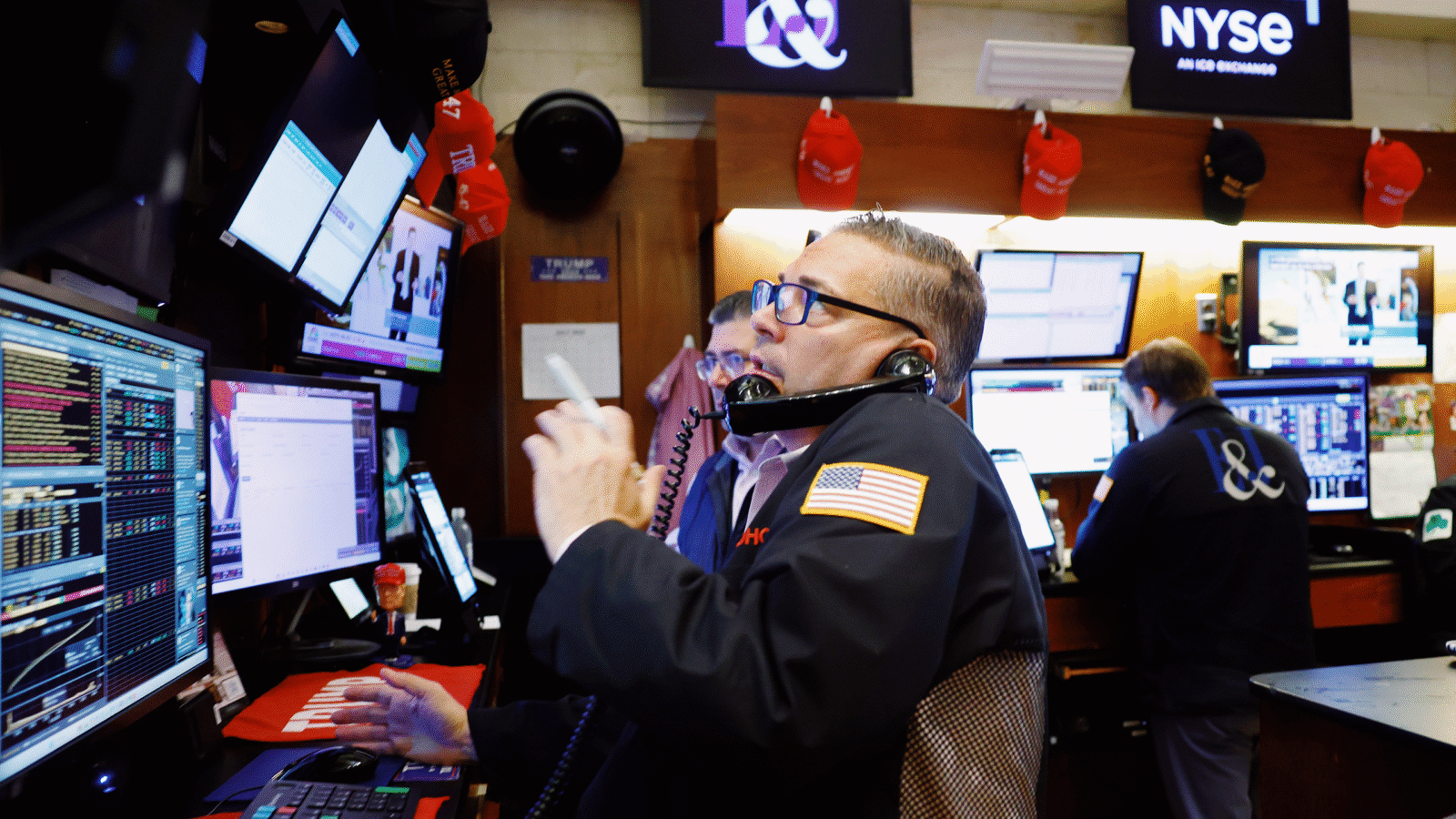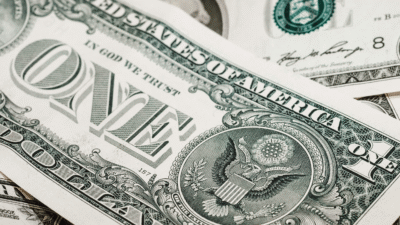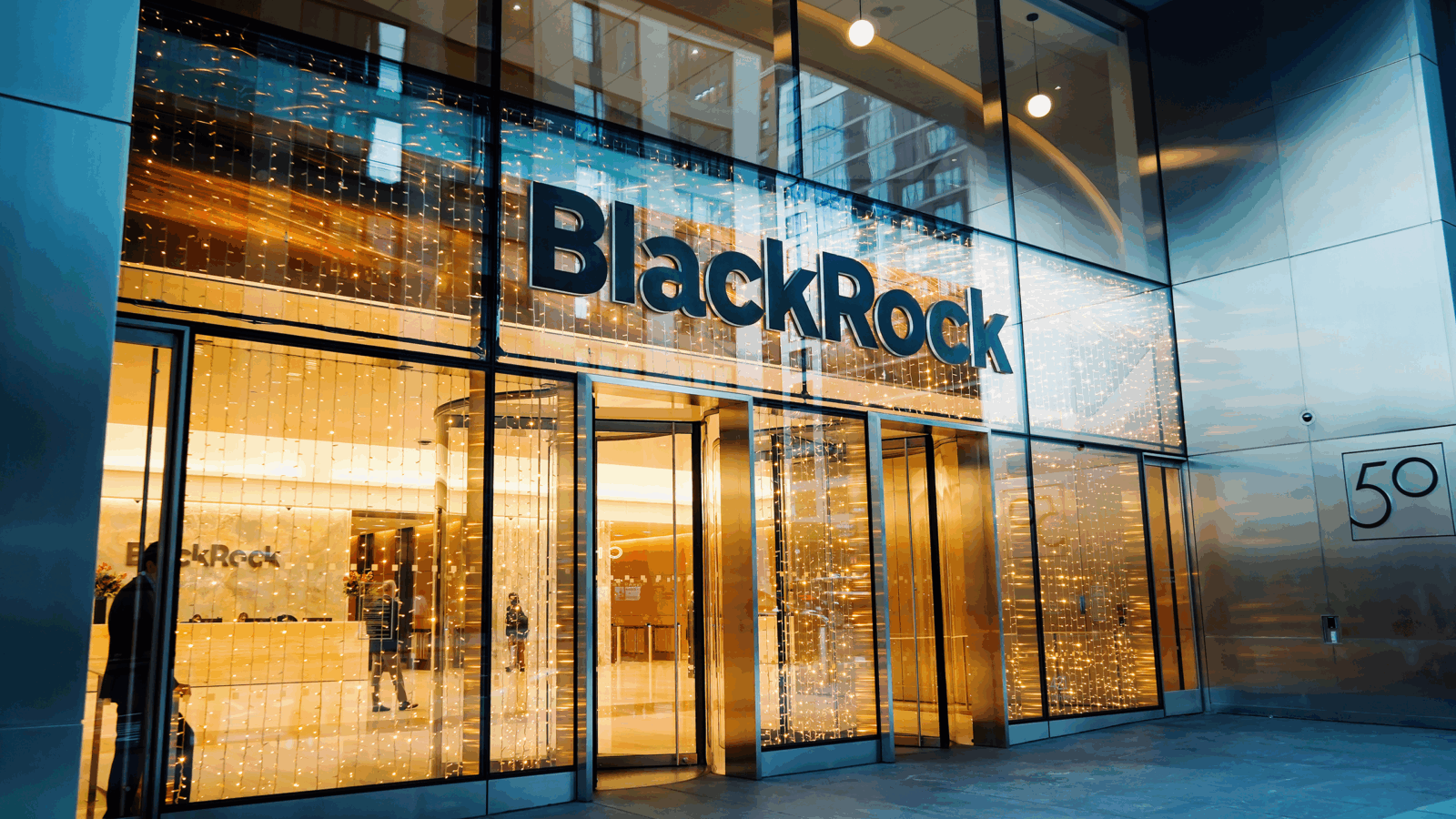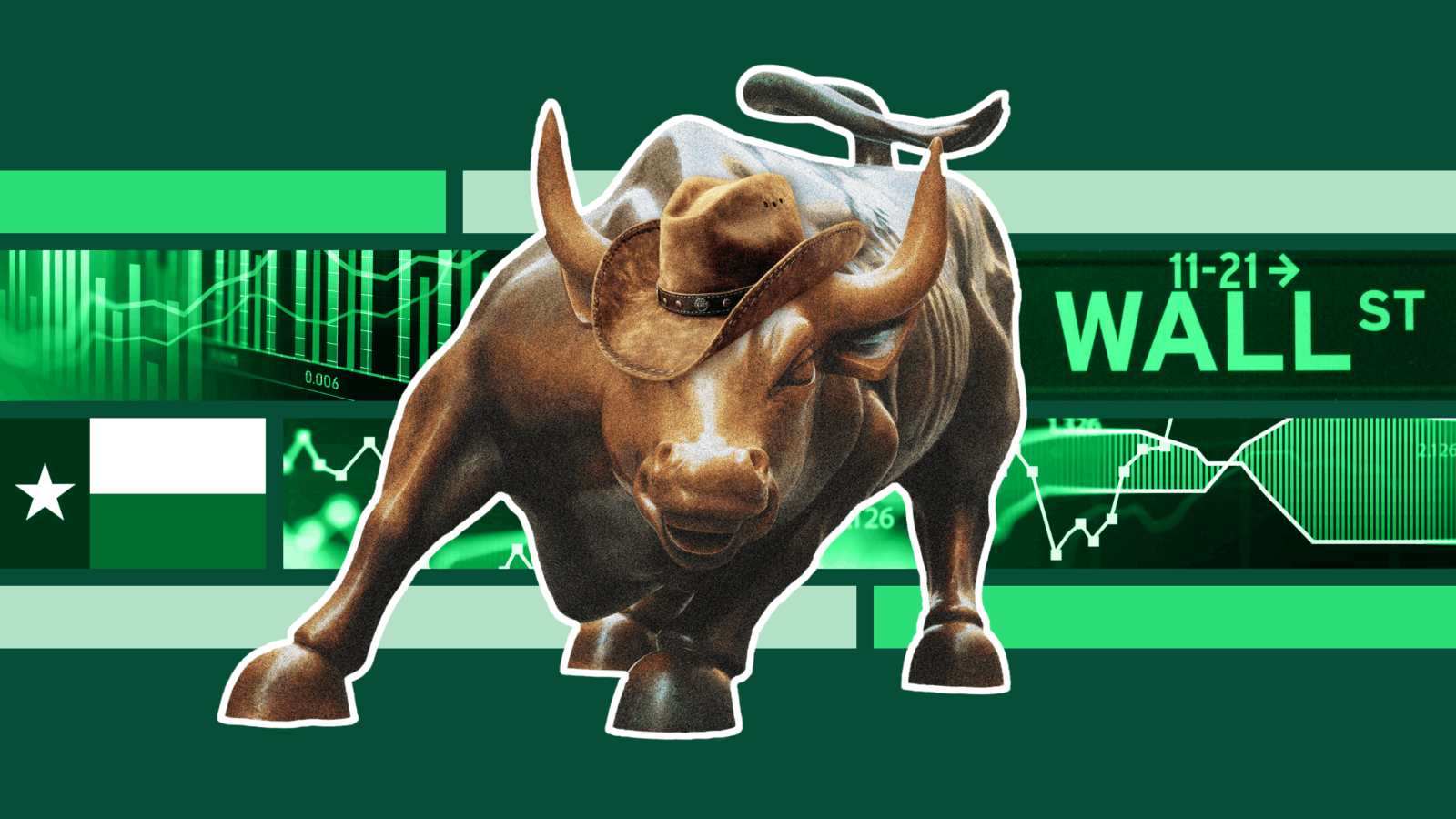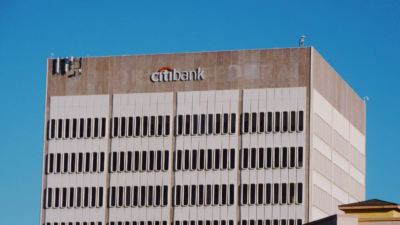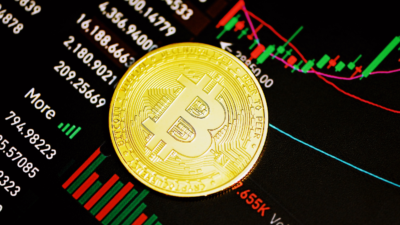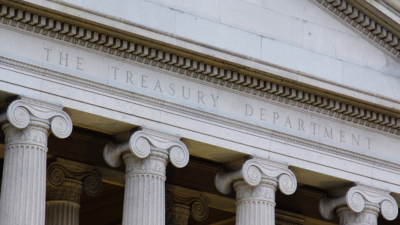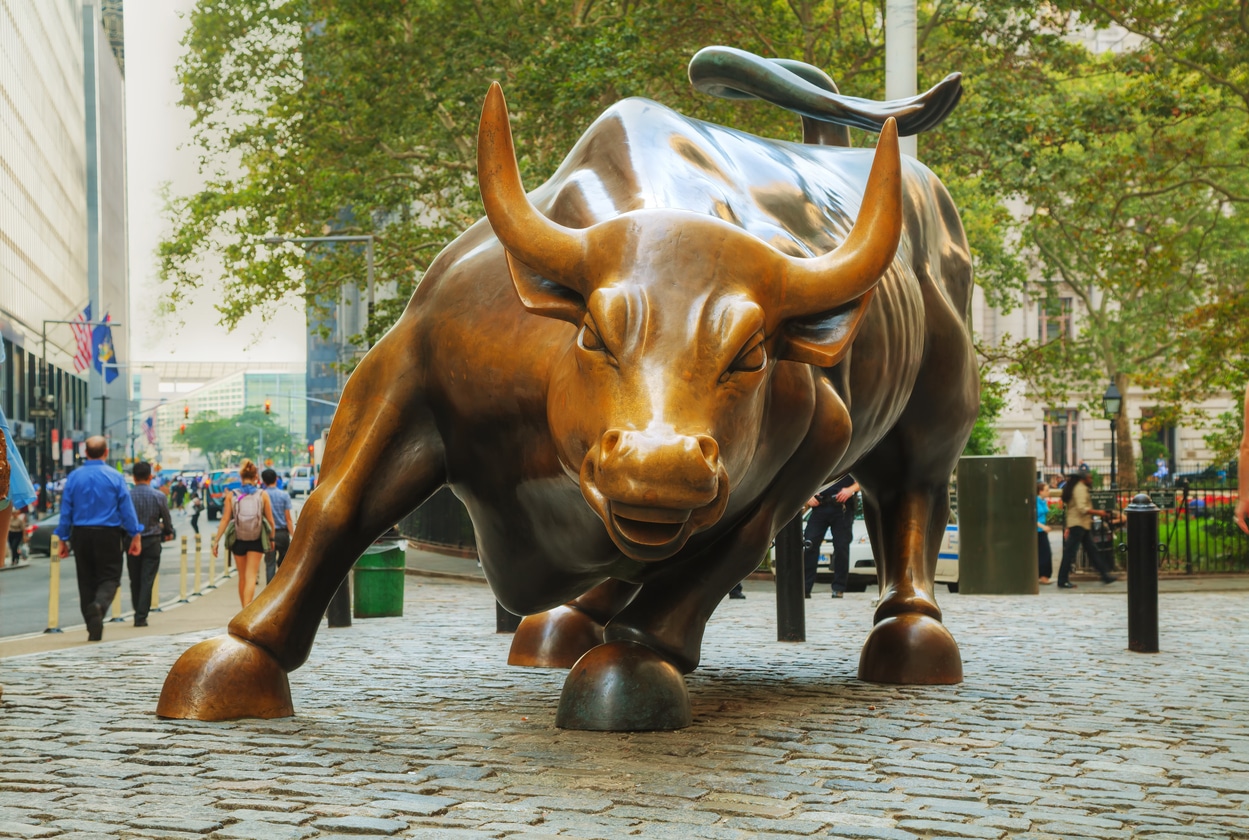
Sign up for smart news, insights, and analysis on the biggest financial stories of the day.
The S&P 500 has officially doubled since New Year’s 2018, the first time the index has produced a three year return of 100% since March 2000. Last year (that’s how we refer to 2021 now) the S&P hit seventy record highs. So things have been going well, in other words, for creatures of Wall Street.
The question investors are now pondering is whether the vaccine- and stimulus-boosted enthusiasm of a blockbuster year will carry over? History says that’s not likely.
Bulls on Parade
There is no way to cut it other than 2021 was an awesome year for stock markets. For the first time ever, every single S&P 500 sector posted double-digit gains, and eight out of 11 rose at least 20%. Energy, the worst performing sector in 2020, was the best performing in 2021 and rose 48%.
To cap off the year, the S&P 500 turned in the best December since 2010, with the index rising to 26 times earnings. But history is any indicator, those December gains will bring New Year’s pain:
- Since 1980, the S&P 500 has averaged a flat January after a year with a 20% or greater annual return, according to DataTrek Research.
- Early 2022 will likely feature some hawkish pronouncements from the Federal Reserve, fourth-quarter earnings reports that underline ballooning inflation, and the Fed tapering asset purchases.
“It’s probably going to be a little bit tempered because people are not thinking, ‘Hey, I’m piling in, back up the truck, let’s buy everything under the sun’ sort of thing,” Jack Janasiewicz, portfolio manager at Natixis Investment Managers Solutions, told Bloomberg.
Bullish-ish: Analysts still expected there to be room for growth in 2022 — according to Factset, expected earnings could climb 9%, which would be a huge step down from 45% last year but similar to 2017 when the S&P 500 gained 19%. Important to remember — analysts get paid to make the prediction, not necessarily to get it right.
